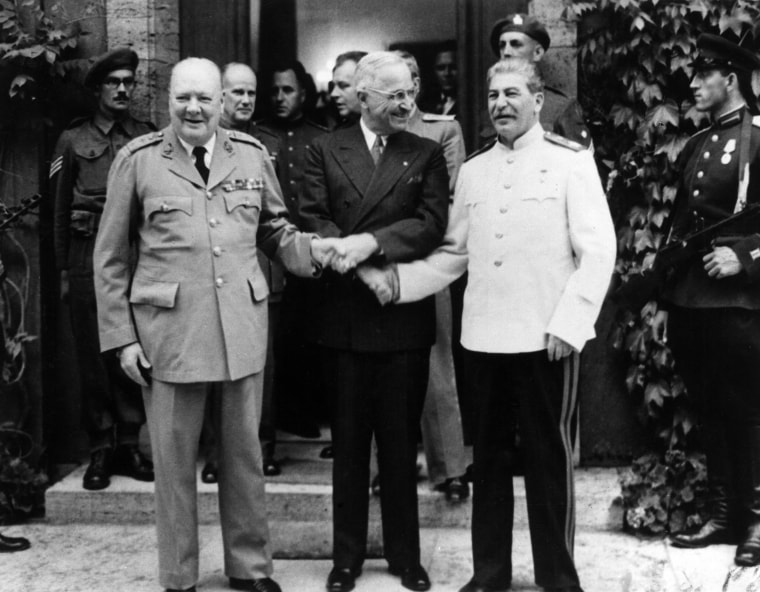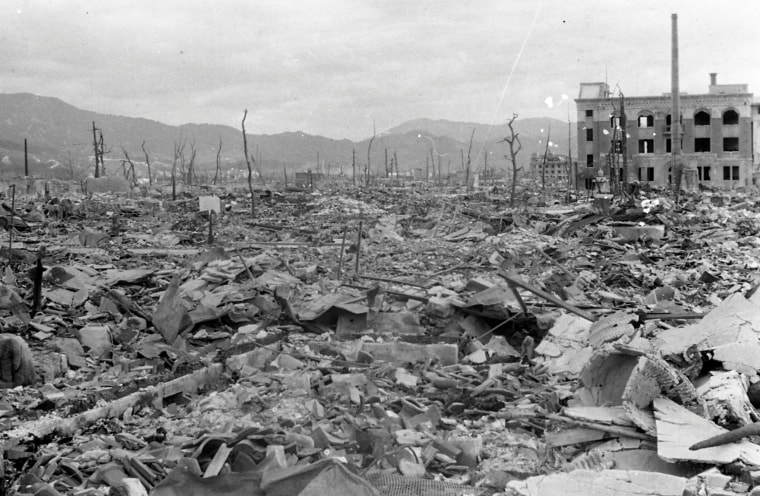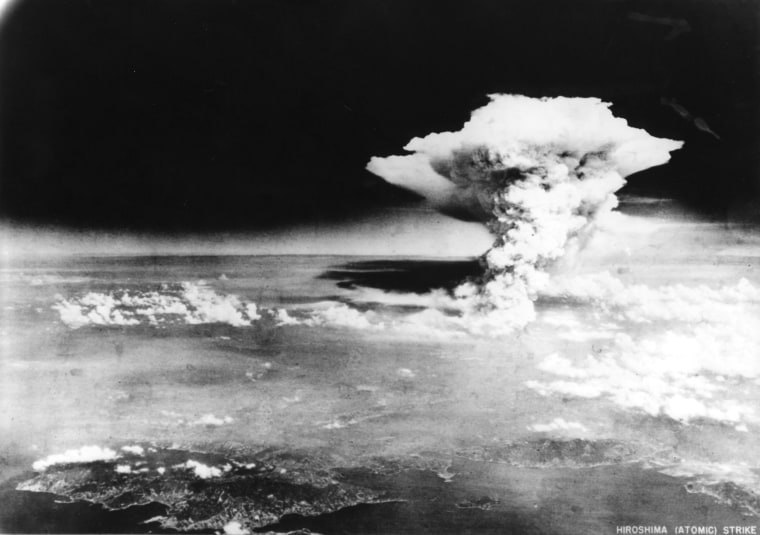It was after standing in the ruins of Berlin that President Harry S. Truman learned that the U.S. had developed the capability of unleashing an even greater hell.
And as Truman met in July 1945 with Soviet leader Joseph Stalin and British Prime Minister Winston Churchill in Potsdam, Germany, to discuss the end of World War II in Europe, he made the decision to bring the ongoing war with Japan to an apocalyptic end by dropping an atomic bomb on Hiroshima.

Truman gave the Japanese an ultimatum: Surrender now or be destroyed. The Japanese refused.
So as Truman headed back home to Washington on Aug. 6, 1945, aboard the USS Augusta, a B-29 bomber took off from the Pacific island of Tinian bearing a weapon the likes of which the world had never seen before.
The target: Hiroshima.
Seventy-one years after the land was reduced to radioactive ruins, President Barack Obama will make a historic pilgrimage Friday to the still-haunted city. But he comes bearing no apology for a bombing that killed more than 80,000 people and left tens of thousands horribly burned or poisoned by radiation.
PHOTOS: Hiroshima After the Bombing
Truman also never apologized for Hiroshima, or for finally cowing the Japanese into submission by dropping another atomic bomb on Nagasaki on Aug. 9, 1945.

To Truman, it was either drop the bombs or risk an invasion of Japan that he believed would result in the deaths of thousands more American and Japanese lives.
"That bomb caused the Japanese to surrender," Truman said later. "And it ended the war. I don't care what the crybabies say now because they didn't have to make the decision."

